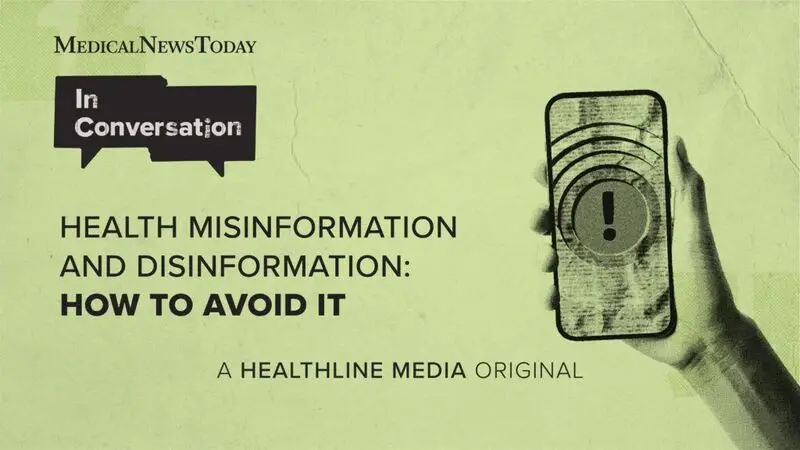In the age of viral content and fast and furious social media communication, disinformation and misinformation, including about health matters, are spreading more widely than ever. Why is this the case exactly, and how can we learn to spot inaccurate and even malicious health information? Why do we fall so easily for false health info, and how can we update our mistaken beliefs? These are some of the questions this episode aims to answer.

Nowadays, thanks to the widespread availability of internet access, almost any piece of information we may want is just one click away. While this is, by and large, a positive development, it can also mean that we become exposed to untrustworthy, unchecked information on any topics, including Health.
According to a report issued by the International Panel on the Information Environment (IPIE) in 2024, communication experts are currently most concerned “about the threats to the information environment posed by the owners of social media platforms.”
Such platforms regularly circulate a varied array of videos, articles, and posts on topics including Health. However, in the absence of strict rules and regulations around the information shared on social media, there is a clear danger that at least some of what we see being shared online amounts to misinformation or even disinformation.
Misinformation occurs when communication is laden with inaccuracies, either because the original information was misinterpreted or misunderstood, or because someone picked up a piece of erroneous information by mistake, and kept sharing it.
Disinformation is an even more concerning phenomenon. It occurs when a bad actor disseminates fake information on purpose, with the goal of manipulating their audience to support a hidden agenda.
In this episode of In Conversation, we look at why health misinformation and disinformation spread, how we can identify mis- and disinformation, and what it takes for people to update their views after they have assimilated incorrect information.
Our special guest is Prof. Stephan Lewandowsky,Chair in Cognitive Psychology at the School of Psychological Science, University of Bristol, United Kingdom, and Project Lead of PRODEMINFO (Protecting the Democratic Information Space in Europe) at Potsdam University in Germany.
Prof. Lewandowsky is a cognitive scientist with an interest in computational modeling who has extensively studied decision-making processes, the persistence of misinformation in society, the ways in which myths and misinformation can spread, and how people update their memories if the notions they believe in turn out to be false.
We also hear from our own trusted expert, Dr. Jenny Yu, Chief Health Officer at Medical News Today and Healthline, advising on key strategies to ensure we are accessing the most accurate and trustworthy sources of health information.
Please listen to our podcast episode in full below or on your preferred streaming platform.
 |  |  |





